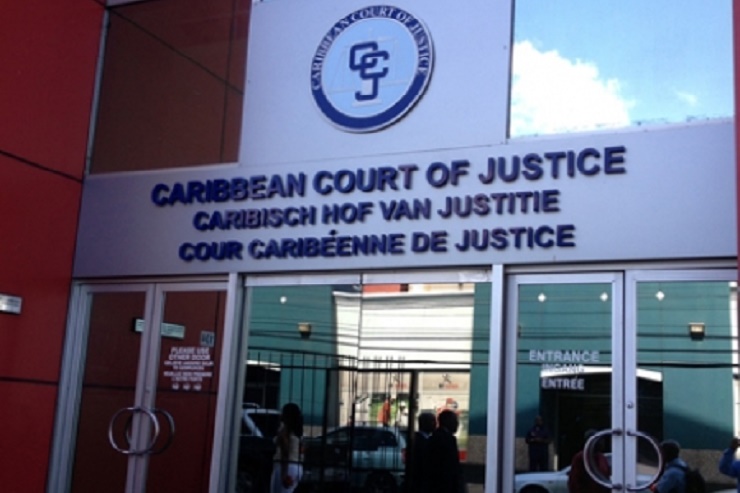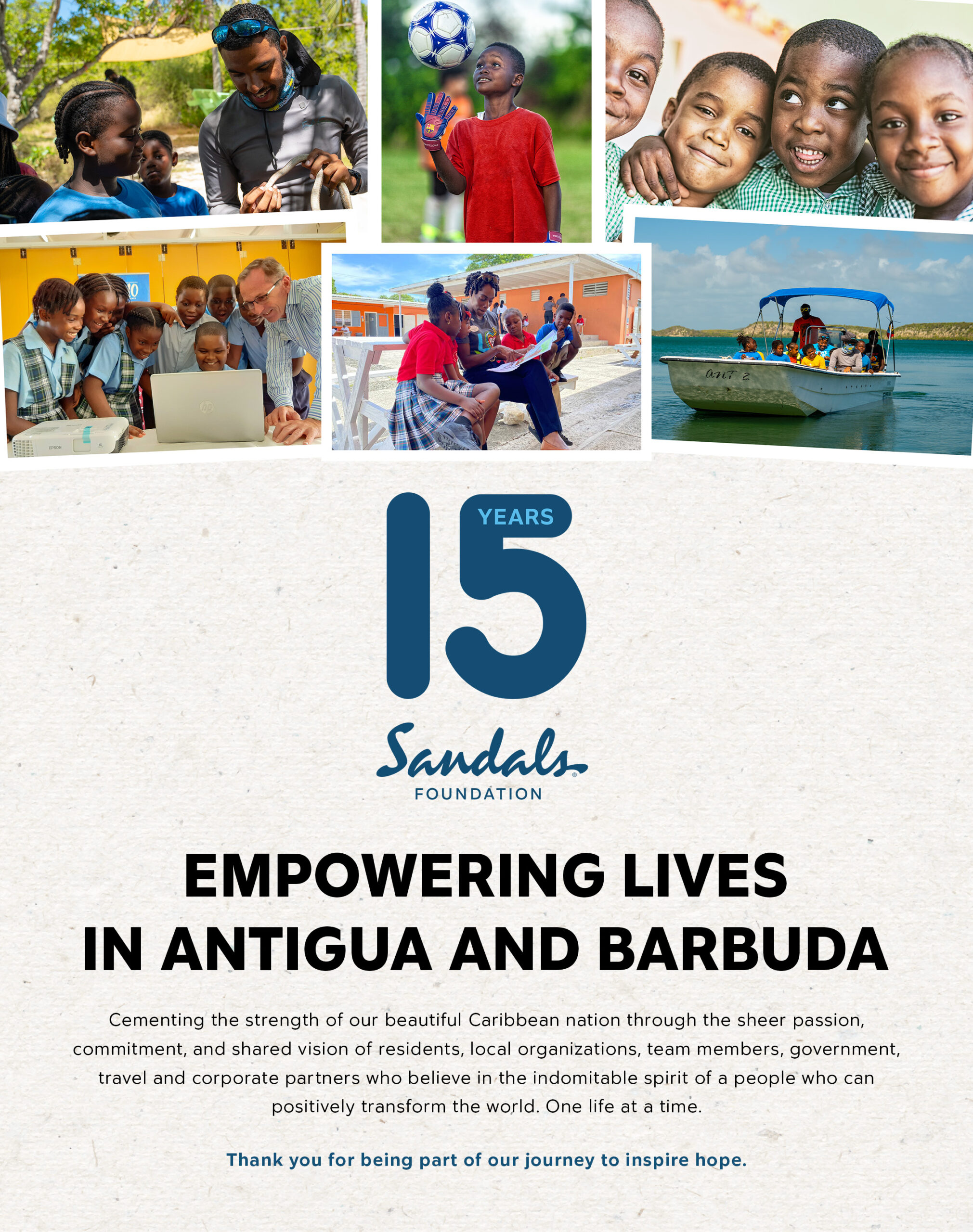
The President of the Caribbean Court of Justice (CCJ), Justice Adrian Saunders, says while some regional countries that do not need a referendum to join the Trinidad-based court procrastinate, the people of Barbados, Guyana, Belize and Dominica enjoy greater access to justice at the highest level than for example, Jamaicans currently do.
Delivering a lecture on the topic “The Role of the Caribbean Court of Justice as an Instrument of Peace and Justice – Seeing from Near, Judging from Far”, here on Monday night, Justice Saunders said that the CCJ which was established in 2001 to replace the London-based Privy Council as the region’s final court, has had a significant impact on the populations of those countries that are full members.

While most of the Caribbean countries are members of the Court’s Original Jurisdiction, only Belize, Barbados, Dominica and Guyana are signatories to its Appellate Jurisdiction. The Court also functions as an international tribunal interpreting the revised Treaty of Chaguaramas that governs the 15-member regional integration movement.
Justice Saunders, the third Caribbean national to head the CCJ, said that he disagrees with the notion that “we need a final court that is geographically remote because distance produces objectivity.
“In my view it is imperative that we have a final court that can simultaneously see from near and judge from far,” he said.
“What do I mean by saying that we must see from near? To be most effective, a judge should be at the front and centre of the contest or dispute. And you will notice that judges of all stripes always have the best seat in the house.
“But seeing from near involves more than just where you sit. Seeing from near implies a cultural nearness. Ideally, the judge should have knowledge of and be immersed in the culture that gave rise to the dispute. The judge must, so to speak, be on the same page with the people and the issues being judged.”
Justice Saunders said this is particularly important in the adjudication of constitutional rights; in those instances where you have to assess and balance the rights of the individual against the rights of the public.
“How can you effectively carry out this balancing exercise if you have little awareness of the values, goals and aspirations of the public?” he asked.

“So this is what I mean by saying that a judge must be able to see from near. But it is also true that a judge must simultaneously judge from far. This is a mental construct. It means that a judge must be dispassionate, unbiased, impartial, detached. “
In his lecture, Justice Saunders said while it is true that distance, physical separation from the site of the dispute, lends itself to objectivity and that is what some people say they like about the Privy Council, “the truth is, however, that objectivity is a mind-set that any judge worth her salt easily demonstrates.
“You don’t need to be physically distant in order to be impartial. Every good judge can be physically near and be objective. But it is not possible to be physically remote and still be able to see from near.
“So, a British judge sitting in London when the dispute is here in the Caribbean cannot be as effective as a Caribbean judge sitting in Port of Spain or in Kingston. This is a truth that the judges of the JCPC not only recognise but they continually express in their judgments, and extra judicially as well.”
He told the audience he would like to think of the law as a tapestry of rules and regulations and court judgments all falling under the umbrella of the Constitution.
“This tapestry governs every facet of our lives; constraining our choices, shaping our actions, ensuring order and stability, and driving economic and social progress. And it has many creases and corners and crevices that are obscure. The only way some of these obscurities will come to light and be unravelled is when a dispute emerges that touches on them. If access to justice is impeded, these corners and crevices could remain uncertain.”

He argued that the apex Court is there to shine a spotlight on the most significant obscurities and that with the CCJ, many more of them can now come before the court for suitable decisions to be made.
The CCJ president said that a comparison of the volume of cases heard from Belize before and after that country joined the appellate jurisdiction of the CCJ in 2010 shows a dramatic increase.
“The comparable figures for Barbados are even more astonishing. For this year alone, we have heard seven times as many cases as were dealt with in one year by that country’s final court before the CCJ was inaugurated. And what’s more the demographics of this access today is markedly different. Most of the cases we hear at the CCJ are brought be people who previously would not have been able to have their appeals heard.”
Justice Saunders said that even though Jamaica has 10 times the population of Barbados, the Privy Council has given only two judgements from the island as compared with seven from the CCJ for Barbados.
“While some states who do not need a referendum procrastinate, the stark reality is that the people of Barbados, Guyana, Belize and Dominica enjoy greater access to justice at the highest level than Jamaicans currently do. By far!
“Failure to accede to the CCJ in its appellate jurisdiction frustrates litigants. It denies to poor people justice at the highest level. And retards the development of the rule of law. But, I don’t want anyone to take my word for it. I naturally have a bias. I invite all to examine the statistics for themselves and to think about it,” Justice Saunders added.
He said the recent referendum results in Grenada and Antigua and Barbuda, though disappointing, will naturally not deter the CCJ from being an instrument of peace and justice for the people of Barbados, Guyana, Belize and Dominica.
“And in our Original Jurisdiction,…we will continue to provide justice for those who, like Shanique Myrie, see it fit to prosecute instances of breaches of the CARICOM treaty,” he added.
Advertise with the mоѕt vіѕіtеd nеwѕ ѕіtе іn Antigua!
We offer fully customizable and flexible digital marketing packages.
Contact us at [email protected]

















oh please! You CANNOT tell us what to do. The people of Grenada and Antigua and Barbuda have spoken loudly and clearly. Not even Trinidad and Tobago will join the court.
“cultural nearness”….and that is exactly the problem!.
Comments are closed.